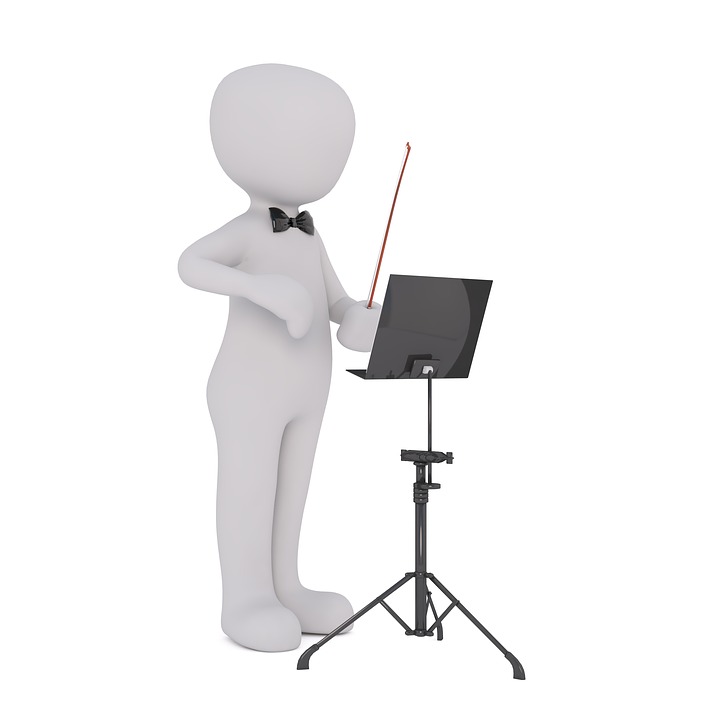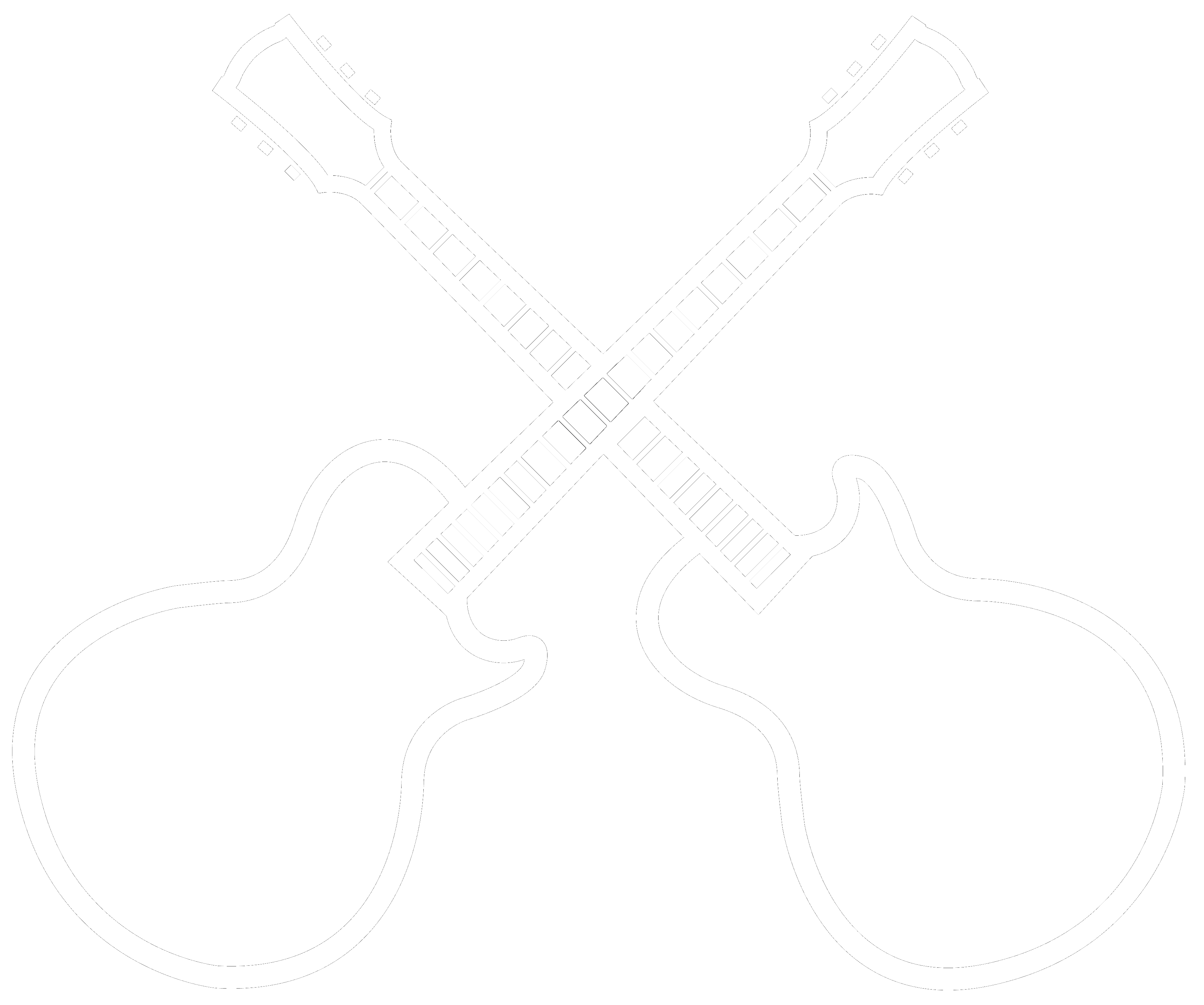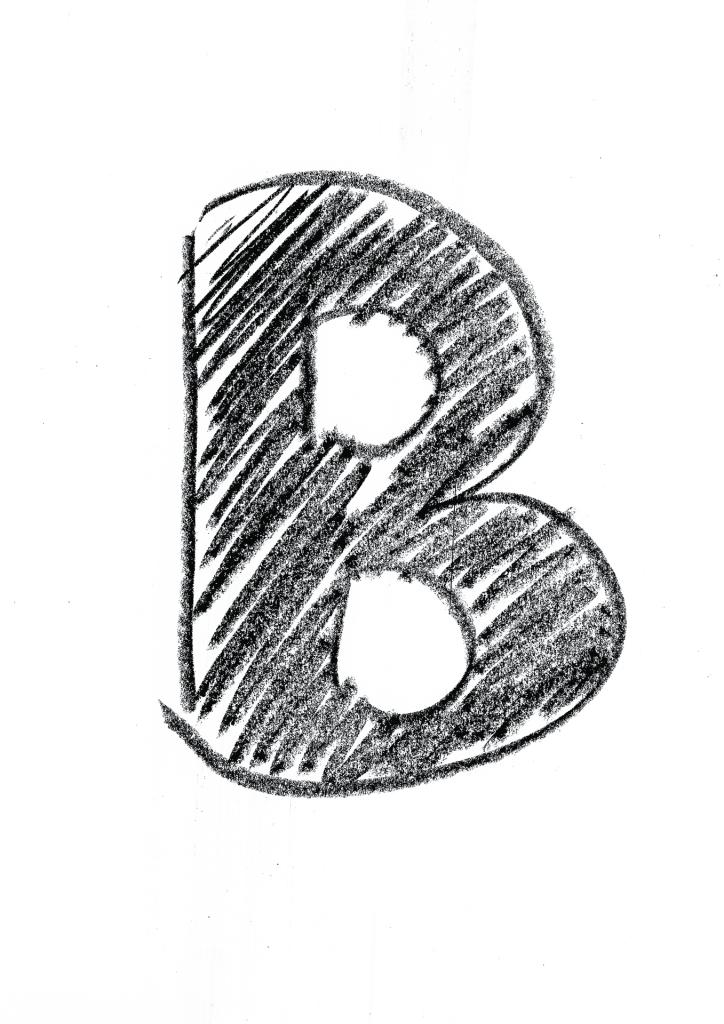The Benefits Of Learning Scales

Scales, scales, scales, scales, scales… I’m sure you’ve heard plenty about them and how important they are, but no one ever really seems to explain to students WHY they’re important.
First of all, if you’re unsure what a scales is, check out the article What Is A Scale – but be sure to come straight back here to find out why they’re important.
In my personal and professional experience, I have changed from someone who didn’t really think scales were very important useful, to someone who really can’t emphasise enough just how important they are. I believe they are extremely beneficial and useful for ALL guitarists, no matter how serious, experienced or skilled they may be. Scales do many things for guitarists, so let’s take a look at a few.
1) Learn the notes of the scales!
When you learn your scales, you will also learn the notes that are in the scale. This is useful for any theory work that you do (which should be LOTS!). But don’t worry, theory isn’t boring if the right approach is taken. Don’t be just a guitarist who “uses their ear” all the time to figure out what to play. That process has benefits – but if you combine it with actually learning the notes in the scale, then you will improve so much more!
2) Learn the notes of the guitar!
A vast majority of guitarists know little or nothing about the notes of the fretboard. It’s an area that most people find difficult and time consuming, therefore don’t end up learning it. Knowing the notes of your scale and then practicing it on the guitar will help you learn the notes on the fretboard. This is SO IMPORTANT. I find it completely ridiculous when guitarists try to improvise or play a song when they don’t even know what it is that they’re playing! Try saying the notes aloud as you play them in a scale. You’ll be learning two elements at once and saving time!
3) Develop Skill!
I often say that simply playing the guitar is the best way to get good at it. But of course, a more tactical approach will speed up this process. If you practice scales regularly (and properly), then your playing will improve. Your picking skills and fretting fingers will both become more coordinated.
4) Develop your “musical ear”!
Learning and playing scales will familiarise you with it’s sound and allow you to identify it when you hear it. The best musicians always have great musical ears!
5) Help you learn songs!
This is usually the convincing point for someone to learn scales. A great example is Back In Black by AC/DC. The fast lick in the intro riff is simply the minor pentatonic scale played descending. If you know the scale, then you know the lick. I use scales to help students learn songs – but I also use songs to help students learn scales.
6) Help you know what notes to play when being creative (i.e songwriting, improvising, session work etc.)
How on earth can someone add guitar to a song if they are unable to play the notes to match the song??? If you know what key the song is in, then you know the scale. If you know the scale, then you know what notes will fit with the music. Don’t waste time just guessing on the fretboard. Actually LEARN and KNOW something.
7) Helps you figure out songs!
I figure out Mary Had A Little Lamb and Twinkle Twinkle Little Star on a constant basis. Why? They’re part of what I teach young students (only if they like those songs!) and I don’t actually remember how to play them. But I know how they sound and that they are in the major scale, so I can figure out these songs and get every note right – every time. If you know what scale a song is in, then you know what notes are being used (provided you also know the scale!).
Ok, got it. Scales are useful. But what’s the next step?
Well, to be honest, I could probably list more, but I’m sure you’re ready to pick up the guitar and start shredding some scales… right? We’d love you to book some lessons here at UGA, either in person or via Skype. But we also have some Free Online Video Lessons Check them out and let us know if you find them useful – if we know what you find helpful, then we know what else we can make for you!
Have any questions or trouble playing scales? Contact us and we will be super happy to help you out!






Responses